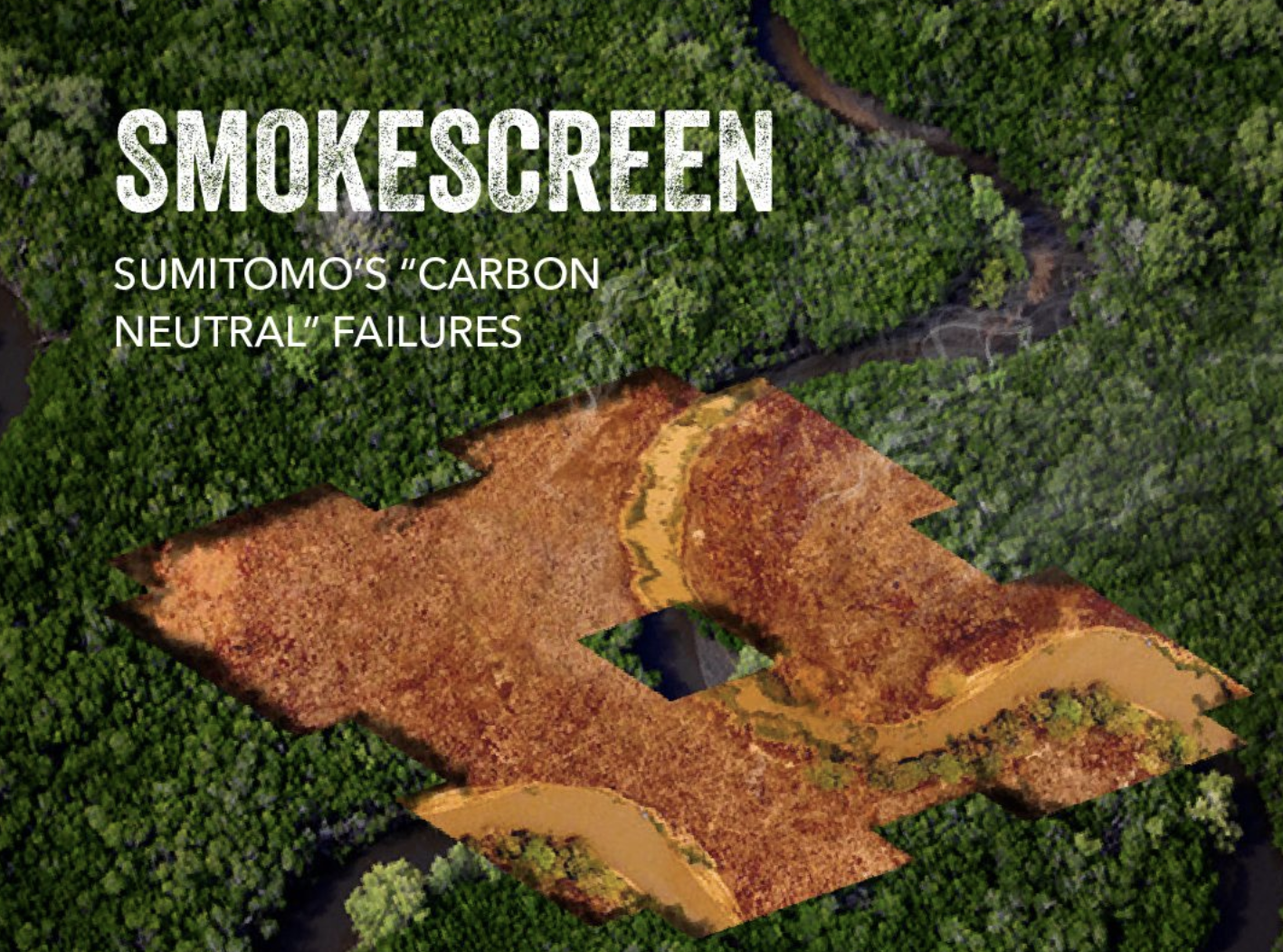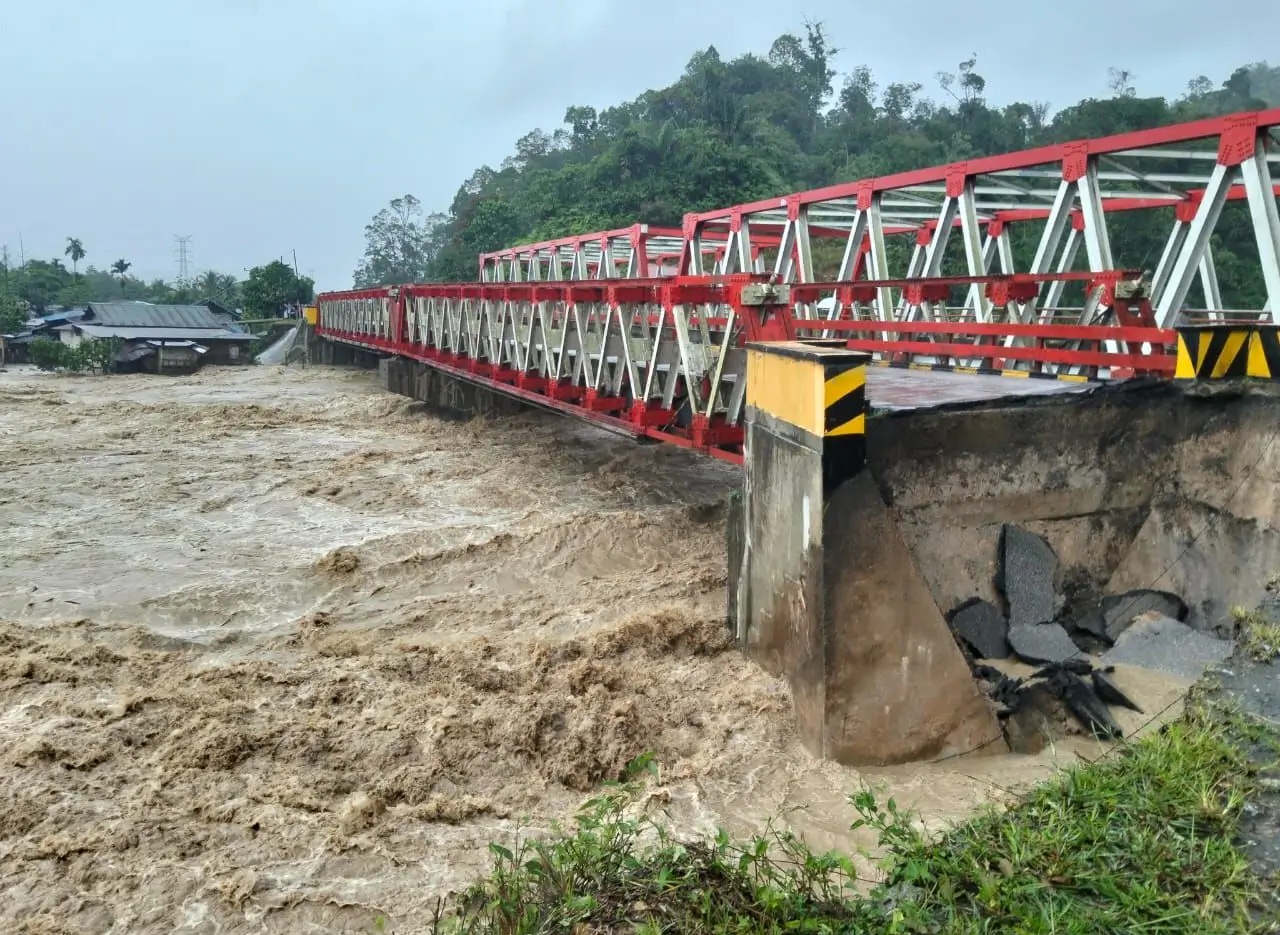
Sumitomo Faces Shareholder Revolt Over Empty Climate Action Rhetoric
Mighty Earth Report Underscores Investor Concerns at Fossil Fuel Dependence
UPDATE: March 2022:
Sumitomo Corporation updated its climate policy to eliminate the loophole that would have allowed them to construct the Matarbari 2 power plant. Mighty Earth applauds this development and urges them to hasten its withdrawal from coal power generation globally.
UPDATE: June 2021
(Washington D.C) –Japanese conglomerate Sumitomo Corporation will face unprecedented investor pressure at its Annual General Meeting on June 18 for its failure to take adequate steps to reduce its massive global carbon emissions footprint, the Washington, D.C. environmental campaign organization Mighty Earth said today. That pressure comes in the form of the first-ever climate resolution targeting a Japanese trading company by shareholders demanding that the firm align its strategies with the objectives of the 2015 Paris Agreement. The Paris Agreement aims to limit global warming to well below 2 degrees Celsius, and pursue a limit of 1.5 degrees Celsius, compared to pre-industrial levels.
The resolution reflects growing investor impatience with companies failing to implement substantive climate action policies. The resolution comes on the heels of last year’s resolution at Mizuho Financial Group and comes just ahead of a similar resolution at Mitsubishi UFJ Financial Group later this month.
A Mighty Earth report released today underscores the urgency of that shareholder resolution by detailing Sumitomo’s deep involvement in the dirtiest and most environmentally destructive forms of energy production across its global operations. The report, “Smokescreen: Sumitomo’s ‘Carbon Neutral’ Failures,” reveals how Sumitomo is one of the chief industrial facilitators of Japan’s addiction to coal through business lines ranging from ownership of massive coal mines to owning and constructing highly polluting new coal-burning power plants in Southeast Asia, to importing wood to be burned in coal plants.
“Sumitomo is a company at the center of global coal and biomass networks that mine, chop, finance, ship and burn the most destructive fuels on earth,” said Roger Smith, Mighty Earth’s Japan Project Manager.” “We’re starting to see shareholders question Sumitomo Corporation’s environmentally-friendly platitudes about achieving ‘carbon neutrality,’ in three decades’ time while simultaneously laying plans to continue highly-polluting fossil fuel operations for another twenty plus years. Sumitomo needs to adopt a stringent climate plan that quickly moves the company away from fossil fuels and towards clean, renewable energy.”
In May 2021, Sumitomo updated its climate plan to meet its professed goal of “contributing to addressing the many issues related to climate change mitigation and the realization of a carbon-neutral society.” But the new report lays out how the actual climate policy is still far from Paris-aligned and allows the firm to burn forests for fuel, start construction of two new coal power plant units in Bangladesh, increase the share of natural gas in its portfolio, operate thermal coal mines until 2030, and run coal power plants until the late 2040s. Sumitomo continues to rely heavily on imported forest biomass despite its high near-term carbon emissions and lacks a no deforestation policy with safeguards against degrading sensitive forest ecosystems, including those in North America.
While little known outside Japan, the company has begun to dramatically increase imports of wood pellets from the U.S. and Canada as “biomass fuel” where wood is burned in power plants to produce electricity. A Sumitomo pellet-producing company recently faced criticism for its plans to log old-growth forests in British Columbia, and Sumitomo’s chief supplier in the Southeastern United States uses whole trees from already distressed ecosystems.
With wood pellet production in both the U.S. and Canada rapidly increasing, and Japan serving as the world’s fastest-growing market for pellets, scientists have sounded the alarm. This February, 500 academics wrote an open letter to President Biden, Prime Minister Suga, and other world leaders to warn them against shifting from burning fossil fuels to burning trees stating, “Trees are more valuable alive than dead both for climate and for biodiversity. To meet future net-zero emission goals, your governments should work to preserve and restore forests and not burn them.”
That message is echoed by Meg Fukuzawa of the environmental finance organization Market Forces. “We are at a critical point where near-term targets are critical to reaching the goals of Paris, and Sumitomo’s are clearly insufficient,” Fukuzawa said. “Sumitomo’s plans are not only catastrophic to the climate, but investors should be worried about the possibility of finding themselves exposed to stranded assets if Sumitomo does not phase-out of fossil fuels on Paris-aligned timeframes.”
Not only do these projects have an appallingly-high environmental price, but Sumitomo is also paying a financial cost for its refusal to shift its operations to more environmentally friendly production modes. In FY 2020, Sumitomo Corporation lost ~$236 million (USD) on coal power in Australia, ~$73 million (USD) from sales of Marcellus and Eagle Ford oil and natural gas projects in the US, and ~$491 million (USD) related to costs and delays constructing power plants, including Matarbari 1 in Bangladesh. These losses constituted more than half of Sumitomo’s overall losses of ~$1.4 billion (USD) (153 billion yen).
“Sumitomo has a clear choice,” Smith said. “It can respond to shareholder concerns and reduce its global carbon emissions footprint in line with the goals of the 2015 Paris Agreement and reposition itself as a renewable energy market leader, or cling to its heavily-polluting 20th-century industrial blueprint and continue to rack up financial losses and deepening shareholder antipathy with every year of continued delay.”
END
For inquiries, email [email protected]


